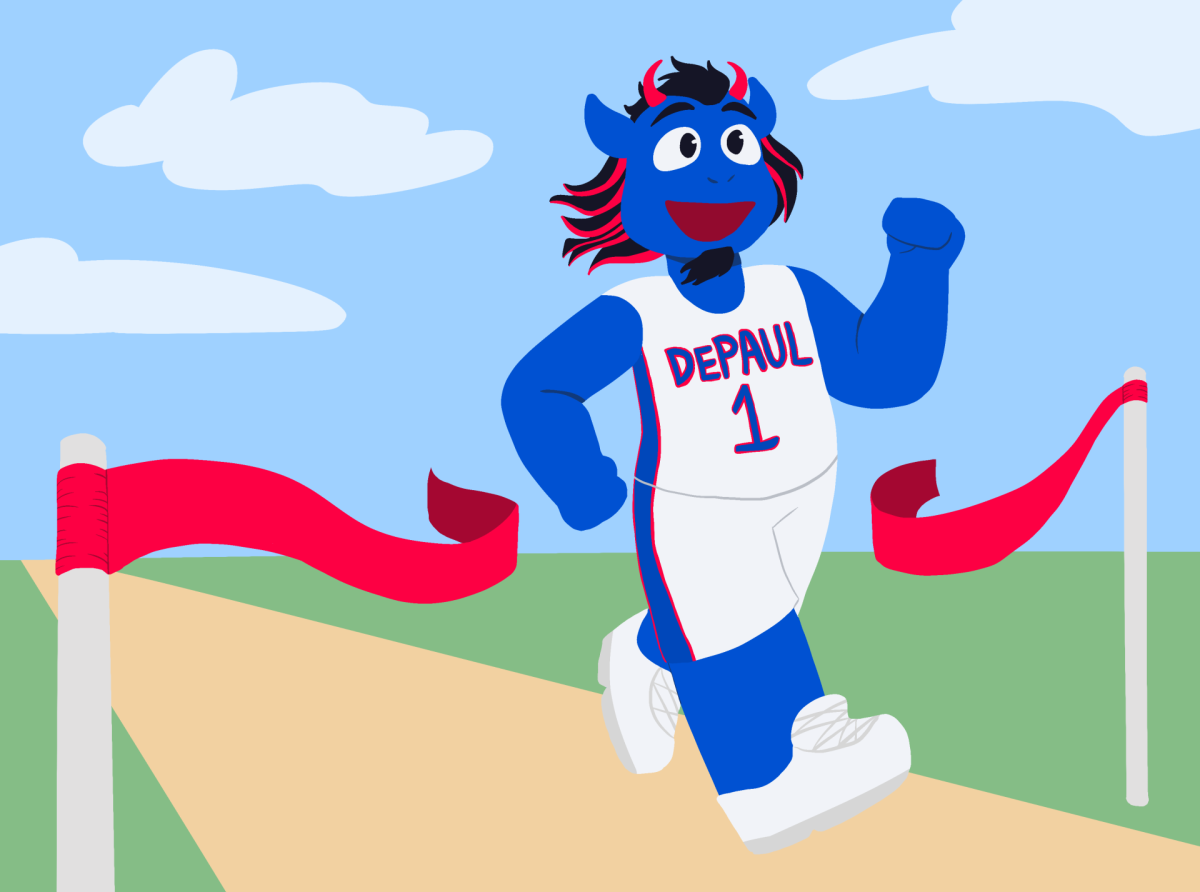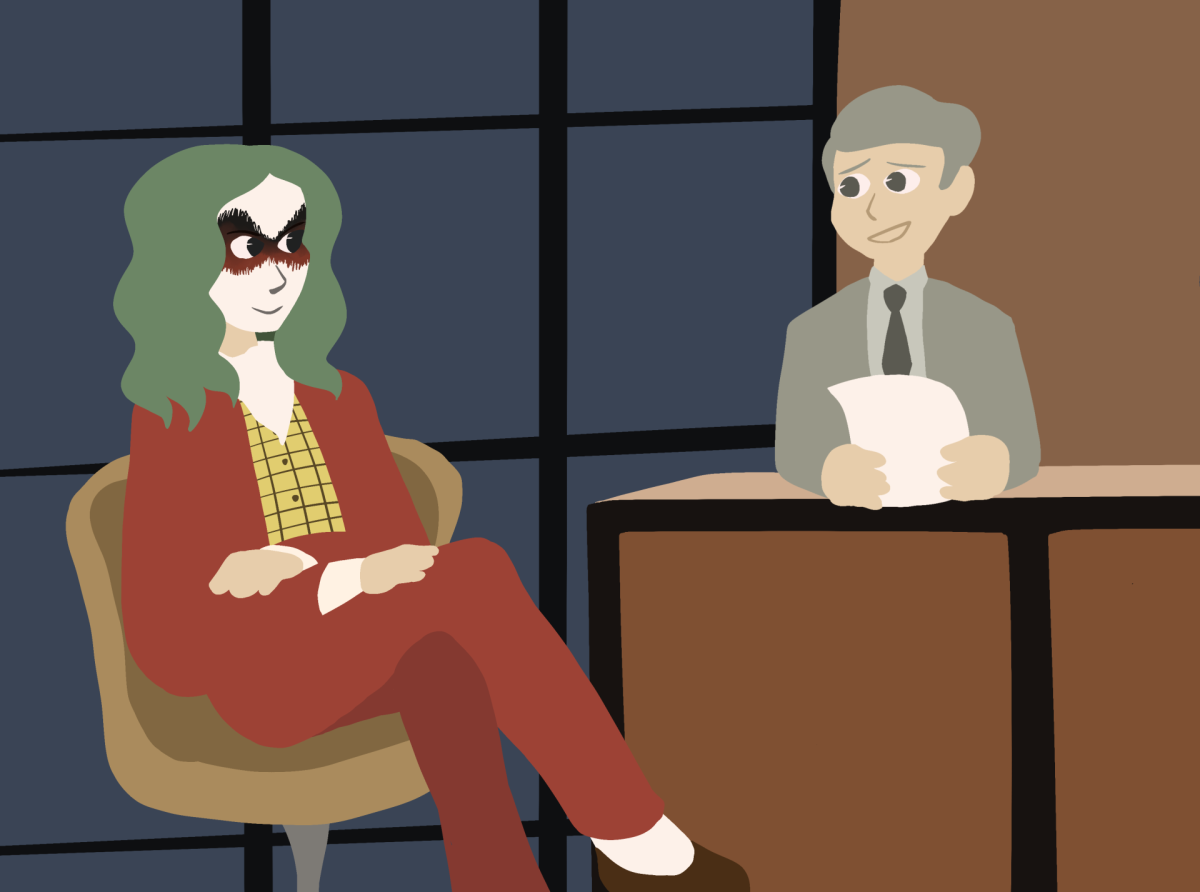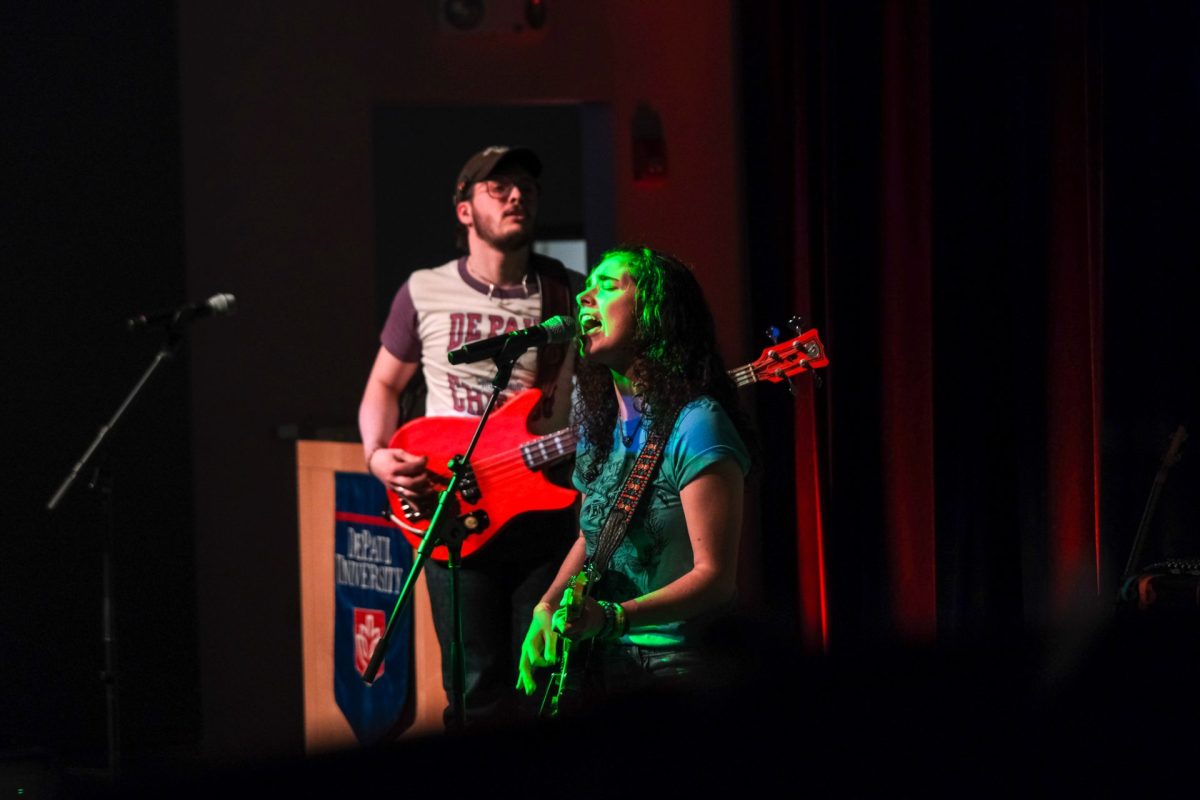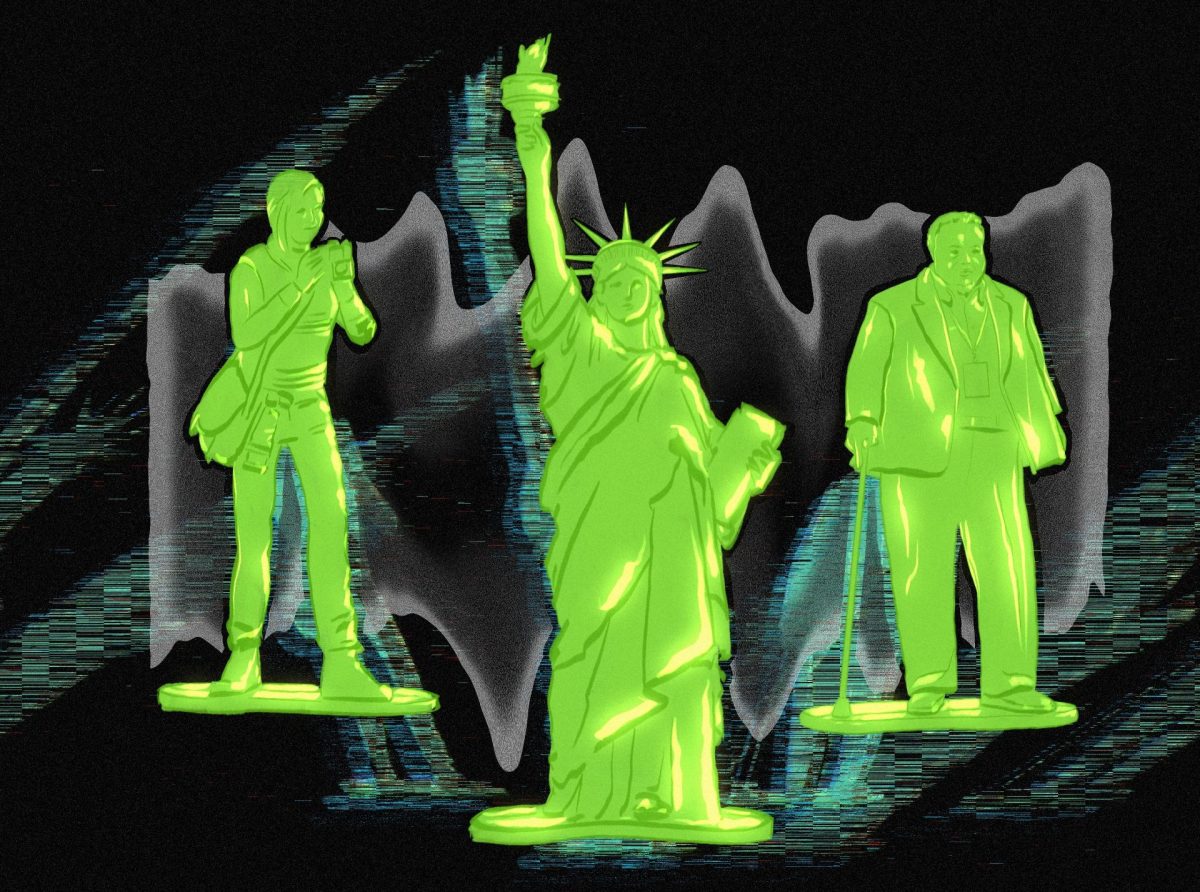Ryan Bingham is a man of the road, with many experiences and musical definitions to his name. The former rodeo cowboy turned Americana singer songwriter and Academy Award winner for “The Weary Kind” from the film “Crazy Heart,” released his most aggressive album “Tomorrowland” on his own Axster Bingham label Sept. 18 and will play the Vic Theater this Thursday.
While “Crazy Heart” widely introduced Bingham as the new face of outlaw country, “Tomorrowland” verges away from the more traditional Americana style, to a harder and more rock and roll infused style, with anthemic songs such as “Guess Who Is Knocking?” and “Beg For Broken Legs.” But, like any true artist, Bingham is not worried about meeting his audiences’ expectations and writes for his own personal pleasure and meaning.
“Songwriting is my way of processing and dealing with my life,” said Bingham. “I always write about what I experience and my songs are always about experiences. I don’t write songs to get radio airplay or be famous – I use it to make sense of the world around me. I don’t expect everyone to like it, but that is the point of it. I try to be as optimistic about the future as possible.”
Bingham’s optimism is noticeable. This is his first release on his record label Axster Bingham that he founded with his wife Anna Axster.
After his three-year contract with Lost Highway Records expired he decided to go on his own, allowing him the creative freedom to experiment with his sound. He promoted the record exclusively through social media sites as well as selling it on the road. Unlike his previously dark acoustic albums “Mescalito,” “Roadhouse Sun” and “Junky Star,” Bingham describes “Tomorrowland” as his “punk rock album,” with artists such as The Clash, Led Zeppelin, The Rolling Stones and Black Flag influencing his songwriting and the overall sound of the album.
“My live shows were really dark and acoustic and it was sad and hard to get through them every night,” he said. “I wanted to bring the tempo up and focus on having a lot of fun with songs – that was a big part of it.”
That’s not to say that his new songs lack the grizzled emotion and his trademark raspy and hard traveling voice, a direct result of singing in small bars at the beginning of his career. The concurrent themes of desperation and hardships are, in fact, at times amplified through his use of loud instrumentation and rock and roll guitar riffs. His songwriting and technique remains essentially the same but just with different instrumentation.
“When you write songs on an acoustic guitar you can turn it into anything,” he said. “You can add some fiddles to it and call it bluegrass, or put a Hammond B3 on it and call it rock. It leaves it wide open.”
Bingham said that the songwriting material came directly from images and experiences from being on the road and touring. While other songwriters of his similar ilk try to tell stories through their songwriting, Bingham instead tries to conjure up images.
“It’s not really important for me to necessarily tell a story,” he said. “I travel around and meet different people and experience different things. You wake up in different countries and you have to take that into consideration when you are writing. I have memories and images – that’s what I write about and describing that, describing that emotion. It’s not always about telling a story; it’s about explaining the feelings and emotions that comes with it.”







